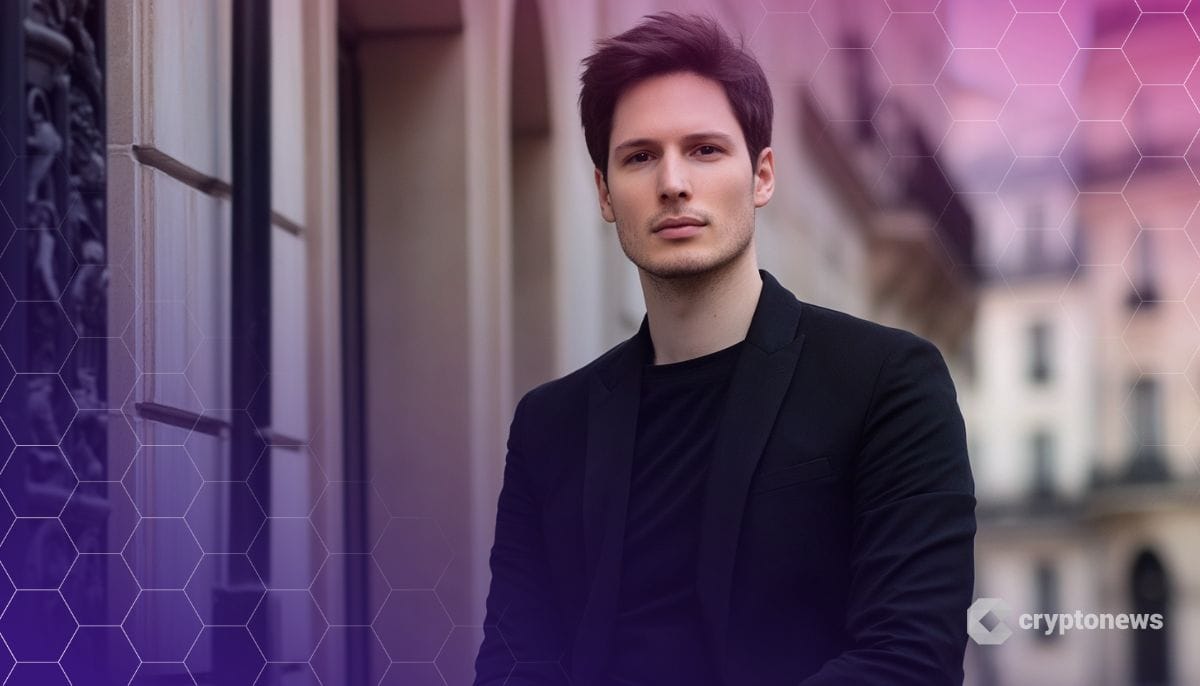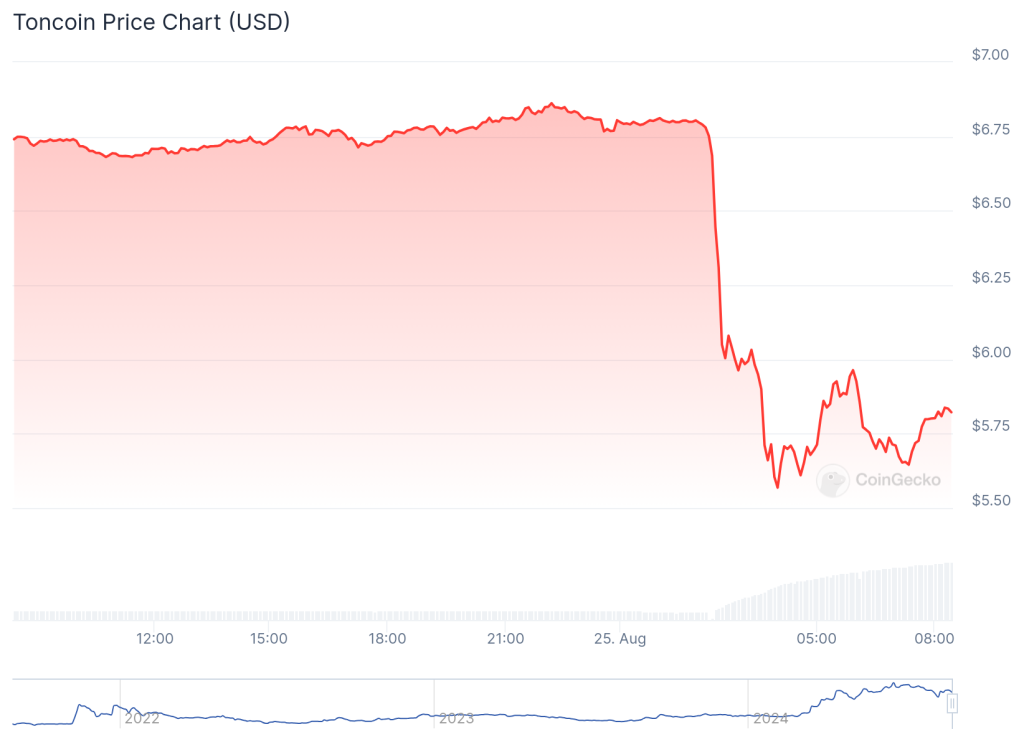Last updated:
 Why Trust Cryptonews
Why Trust Cryptonews
Ad Disclosure
We believe in full transparency with our readers. Some of our content includes affiliate links, and we may earn a commission through these partnerships.

Pavel Durov, the founder of Telegram, reportedly appeared in a Paris court on December 6 for his first formal questioning related to allegations that the messaging platform facilitated criminal activities.
The session, held at 10 a.m. CET, saw Durov accompanied by his lawyers, David-Olivier Kaminski and Christophe Ingrain, according to an anonymous source cited by Agence France-Presse (AFP).
The inquiry focused on claims that Telegram was used to conduct illicit transactions.
Durov Could Face Up to 10 Years in Prison
Durov’s legal troubles began on August 24, when he was briefly detained at Le Bourget Airport in Paris.
He was released after posting a $6 million bail but remains barred from leaving France until March 2025.
French prosecutors officially filed preliminary charges against him on August 28, accusing Telegram of serving as a platform for illegal activities.
If convicted, Durov could face up to 10 years in prison and a fine of €500,000 ($550,000).
The Paris prosecutor’s office (Parquet de Paris) stated that the investigation into Telegram began in February 2024.
It escalated to a formal judicial inquiry in July, weeks before Durov’s arrest.
In another development, sources told The Wall Street Journal that Durov’s phone was reportedly hacked in 2017, a year before his meeting with French President Emmanuel Macron.
The case has sparked concerns within the tech and cryptocurrency communities.
Telegram’s Crypto Holdings Surge to $1.3 Billion
Telegram has emerged as a major player in the cryptocurrency market, with its crypto holdings skyrocketing to $1.3 billion in the first half of 2024 from $400 million at the end of 2023.
As reported, the company’s gains in crypto holdings, revenue from Toncoin sales, and a terminated exclusivity deal with Toncoin have significantly bolstered its finances.
According to the disclosures, the platform’s cryptocurrency holdings tripled in value during the first half of 2024, reaching $1.3 billion.
This growth is majorly attributed to Telegram selling $353 million worth of digital assets in the first six months of 2024.
The company further monetized Toncoin by securing a $225 million exclusivity deal that made the cryptocurrency the sole method for small businesses to purchase ads on its platform.
In October, Telegram revealed that it is set to establish a local office in Kazakhstan.
The decision, announced by the Ministry of Digital Development, Innovations, and Aerospace Industry, came amid efforts to improve communication with local authorities and manage platform content more effectively.
Minister Zhaslan Madiyev said that Telegram’s physical presence in Kazakhstan would be an “important step to increase control” and oversight of content on the platform.
Since Durov’s arrest, Telegram has implemented several measures to address these concerns, including sharing user information, such as IP addresses and phone numbers, with authorities when necessary.
The platform has also made significant updates to its search engine, removing problematic content and using artificial intelligence to detect and block illicit material.





